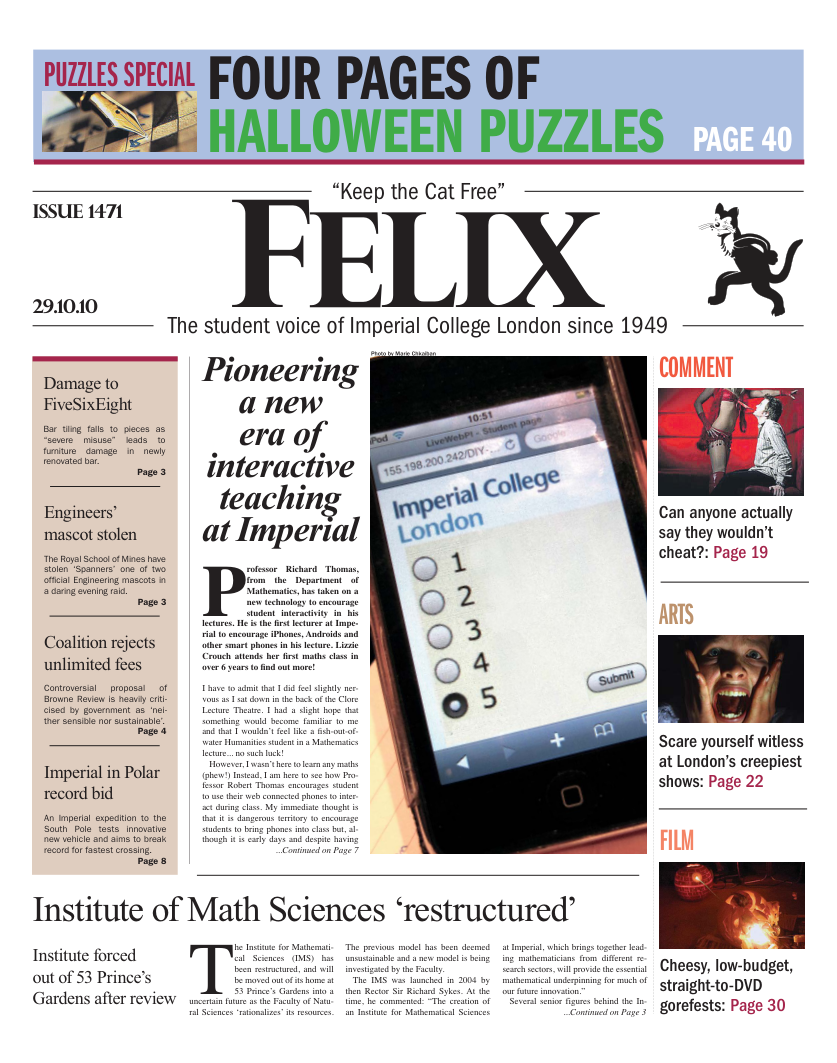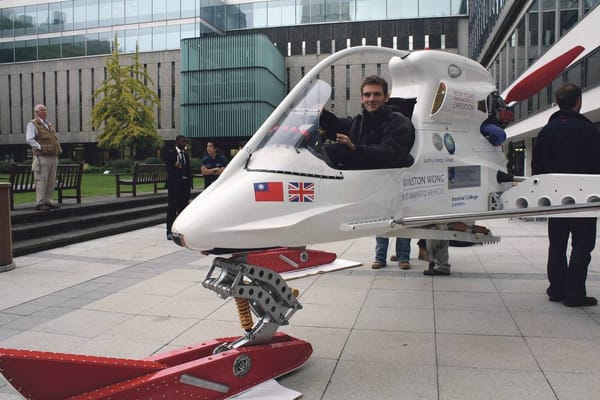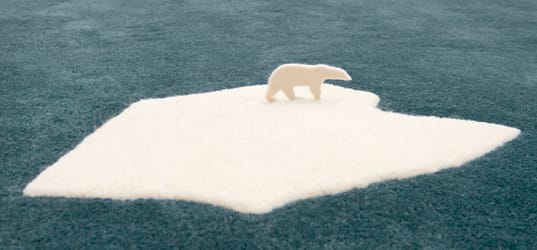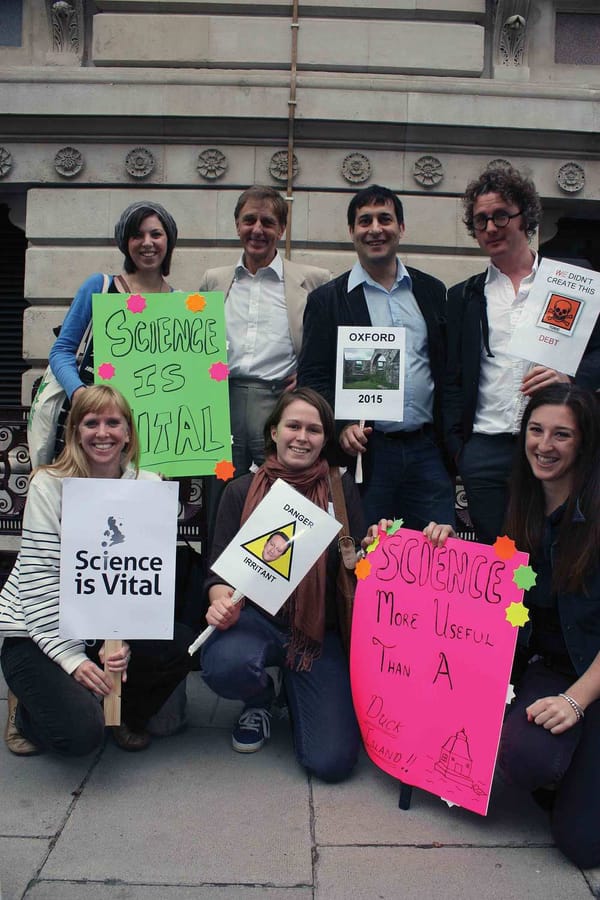When one mosquito becomes two
A new threat emerges in the battle against malaria
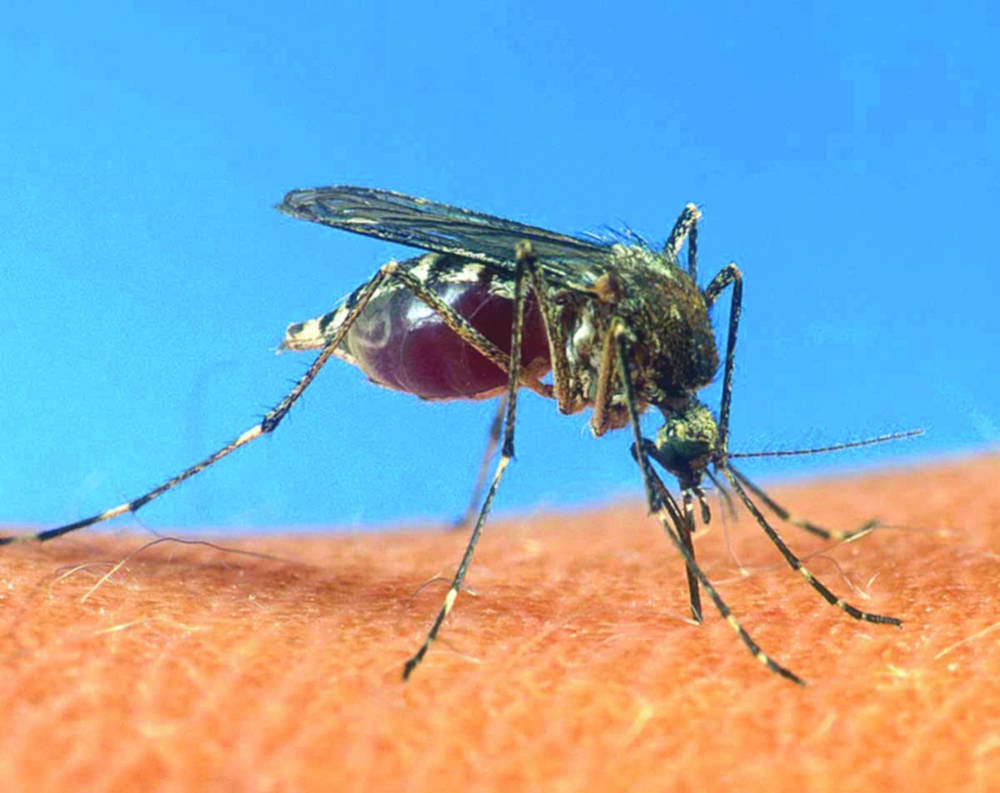
A new study from Imperial College London has suggested that, in our race to battle malaria, a new threat has emerged.
The Anopheles gambiae is responsible for about half of the 500 million malarial cases in sub-Saharan Africa. It has been found that two physically identical strains of mosquito are becoming separate species, known as ‘M’ and ‘S’.
There have been recent developments in combating mosquitoes and the diseases they carry. From new insecticides to genetic technology, much hope and money has been invested in new control tactics. However, this new discovery is potentially problematic for researchers.
Strategies that might work against one strain of mosquito might not be effective against another Dr Mara Lawniczak
“From our new studies, we can see that mosquitoes are evolving more quickly than we thought and that unfortunately, strategies that might work against one strain of mosquito might not be effective against another. It’s important to identify and monitor these hidden genetic changes in mosquitoes if we are to succeed in bringing malaria under control by targeting mosquitoes,” said Dr Mara Lawniczak, a lead researcher from the Imperial College London Division of Cell and Molecular Biology.
Previous research had indicated that there was a genetic difference between the two strains localised to specific parts of the mosquito chromosomes. However, in this, the most extensive analysis of both strains’ genomes, it has been revealed that the genetic differences are more numerous and widely dispersed in the genome than previously thought.
It is believed that the ‘S’ strain is the ancestral species as it is found over all of sub-Saharan Africa; in contrast the ‘M’ strain is localised to more central and western areas of Africa. As well as this the ‘M’ strain seems to be better evolved to laying its eggs in rice paddy fields.
The next stage of the investigation will involve the use of a specially designed genotyping chip which will help to detect whether or not these genetic variations affect their inclination to become infected with malaria and other parasites.
Despite this new development and the mosquito’s well-deserved reputation as a significant threat to human life, there is still plenty of hope and optimism that treatment and control is heading in the right direction. Another lead researcher in the project Professor George Christophides concludes, “Our studies help us to understand the makeup of the mosquitoes that transmit malaria, so that we can find new ways of preventing them from infecting people.”


